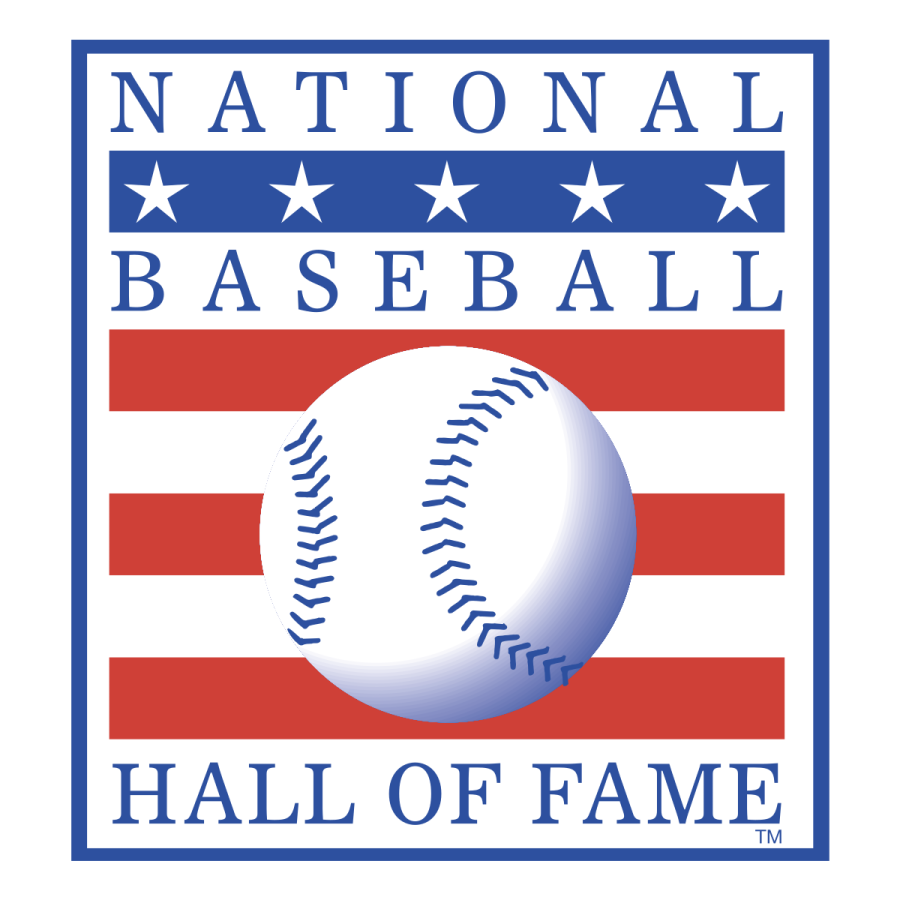This past week, the Baseball Writers’ Association of America announced their 2021 induction class: nobody. None of the former players on the ballot secured the 75 percent necessary to have their visage immortalized in baseball’s eternal record of greatness on the walls of the hall in lovely Cooperstown, New York. It was the first time since 2013 that there were no new members of the Hall. For fans, this is sorely disappointing and a bitter indictment of the absurdly arbitrary standards that the baseball writers impose to judge one’s “worthiness” of getting into the Hall of Fame.
Prognosticators had long speculated about how the writers would handle the players who had been tied to baseball’s now infamous “steroid era” of the late 1990s and early 2000s. The first bellwether of their reaction would be seen in the case of Mark “Big Mac” McGwire, whose breathtaking pursuit of Roger Maris’s single season home run record (which turned out to be artificially enhanced) in the summer of 1998 enthralled America and reinvigorated national interest in baseball that had been sorely diminished by the players’ strike of 1994. McGwire did not get in on his first ballot. Or his second. Or his third. After a decade of being turned down, McGwire lost his eligibility to be considered for the Hall.
Since then, many, many other players with known or suspected ties to performance-enhancing drugs have elicited a similar response from the baseball writers: You’re not welcome in our hall, cheater. The list goes on and on: Gary Sheffield, Sammy Sosa, Jason Giambi, Jose Canseco, the writer’s childhood hero Manny Ramirez, and many others. Presumably, this was done to protect the sacred “integrity” of a group of players who did not illicitly improve their greatness by nefarious means. But cheating is a part of baseball history and always has been. The infamous “Black Sox” scandal in which a number of players for the favored Chicago White Sox threw the 1917 World Series led to national outrage and gave baseball its first commissioner, Kenesaw “Mountain” Landis, who promptly banished from the sport all the involved actors. In the mid-twentieth century, the use of methamphetamines, or “greenies”, became widespread, even among established greats like Willie Mays, Mickey Mantle, and Jackie Robinson, to help them cope with the wear and tear of the grueling 162-game season. Pitchers have, and still do, doctor the ball with any number of substances to give themselves a better grip. And so forth.
The three players who came closest to making the Hall this year were, in order: Curt Schilling, Barry Bonds and Roger Clemens. Those men all have very unique stories as to why baseball immortality eludes them. Schilling developed a reputation as one of the great big-game pitchers in the history of the game over the course of his career with Philadelphia, Arizona, and Boston. However, Schilling, never known for being coy about his thoughts, was an outspoken firebrand and provocateur both on and off the field, and frequently clashed with teammates, management, and the press. His comments on a number of hot-button culture war issues have proved to be controversial, leading to his firing as an ESPN analyst. Many people simply can’t stand Schilling as a person and find his conduct and demeanor repulsive, but still think he merits induction based on his baseball abilities alone.
Barry Bonds began his career as a spry, speedy outfielder for the Pittsburgh Pirates who then mysteriously bulked up into a hulking power hitter for the San Francisco Giants who eventually closed in on Henry Aaron’s seemingly unbreakable career home run record. What should’ve been a special moment for Bonds was tainted by the public knowledge that he had taken drugs from a Bay Area athletic nutrition center that was under federal indictment for distributing performance-enhancing drugs. When Bonds finally broke the record in 2007, few cheered.
Clemens was, yet another amazing talent whose greatness was clouded by steroids. A transcendent pitcher as a young man in Boston, and later for Toronto, the New York Yankees and Houston, he put together one of the greatest careers of any pitcher in baseball history, finishing top ten all-time in wins, strikeouts, earned-run average, and winning the Cy Young Award seven times. This was all for naught when he was named in former Maine Senator George Mitchell’s report on performance-enhancing drugs in baseball as someone who knowingly purchased and used steroids. Clemens testified before Congress that he had never used steroids; he was later referred to, and indicted by the Justice Department for perjury, but the conviction was overturned on appeal.
Baseball’s history, like America’s, is complicated. There have been triumphant highs and embarrassing lows. And you need to fully understand those lows to know the highs, and so we can learn from our mistakes and try to build a better future. We should stop trying to turn the Hall into Baseball Disneyland— somewhere only the good things are celebrated and the bad shunned—and make it the official record of the game’s history. Hold on a second—isn’t that the whole point of having a Hall of Fame to begin with? Shouldn’t it be somewhere that casual fans or beginners can learn about baseball history? Of course. It is a museum, after all.
Baseball Hall of Fame needs to change eligibility standards
February 4, 2021
About the Contributor
Jack Sherman, Sports Writer





















































